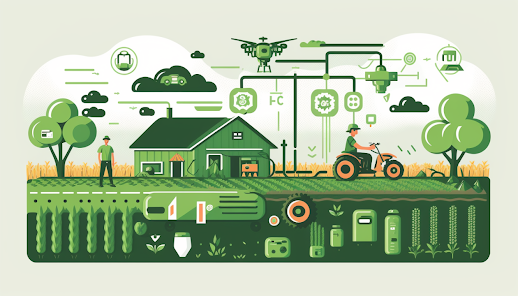Why AI and Humans Must Co-Evolve Artificial Intelligence (AI) and machine learning technologies are reshaping our world at an unprecedented pace. From healthcare to entertainment, these innovations promise to revolutionize every facet of our lives. However, with great power comes great responsibility. As we stand on the brink of a new era, it's crucial to understand why AI and humans must co-evolve. This blog delves into the potential future impacts of AI, the importance of human-like AI systems, the implications on personal freedoms, the risks related to personal data, and the essential conversations we need to have about advanced AI technologies. Potential Good and Bad Future Impacts of AI and Machine Learning Technologies The Good 1. Enhanced Healthcare: AI has the potential to transform healthcare by improving diagnostics, personalizing treatment plans, and predicting health risks. Machine learning algorithms can analyze vast amounts of medical data to detect patterns and an...




Comments
Post a Comment